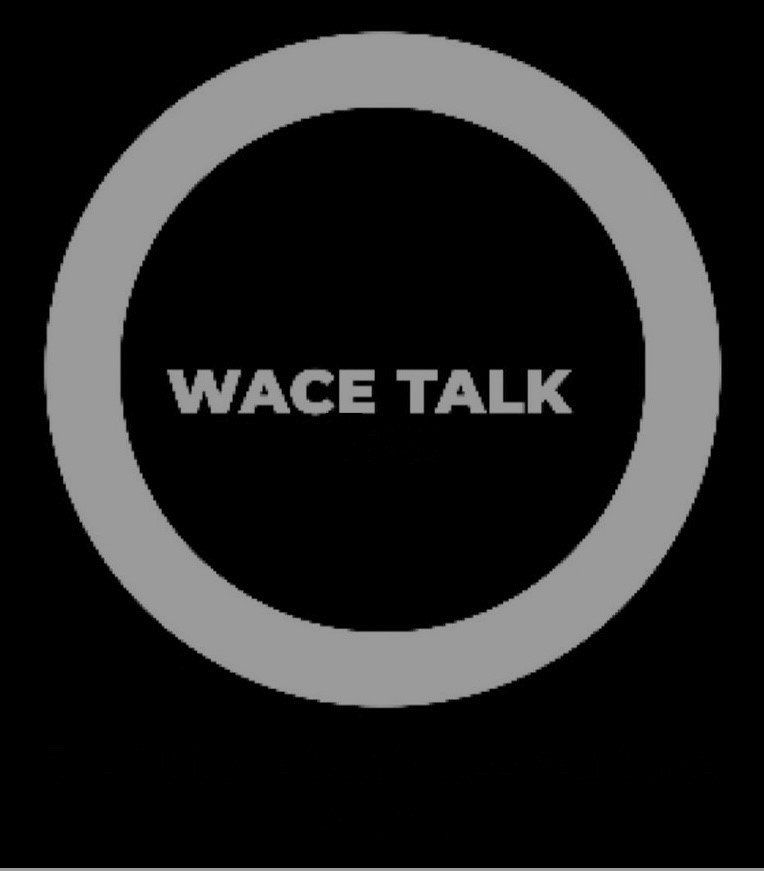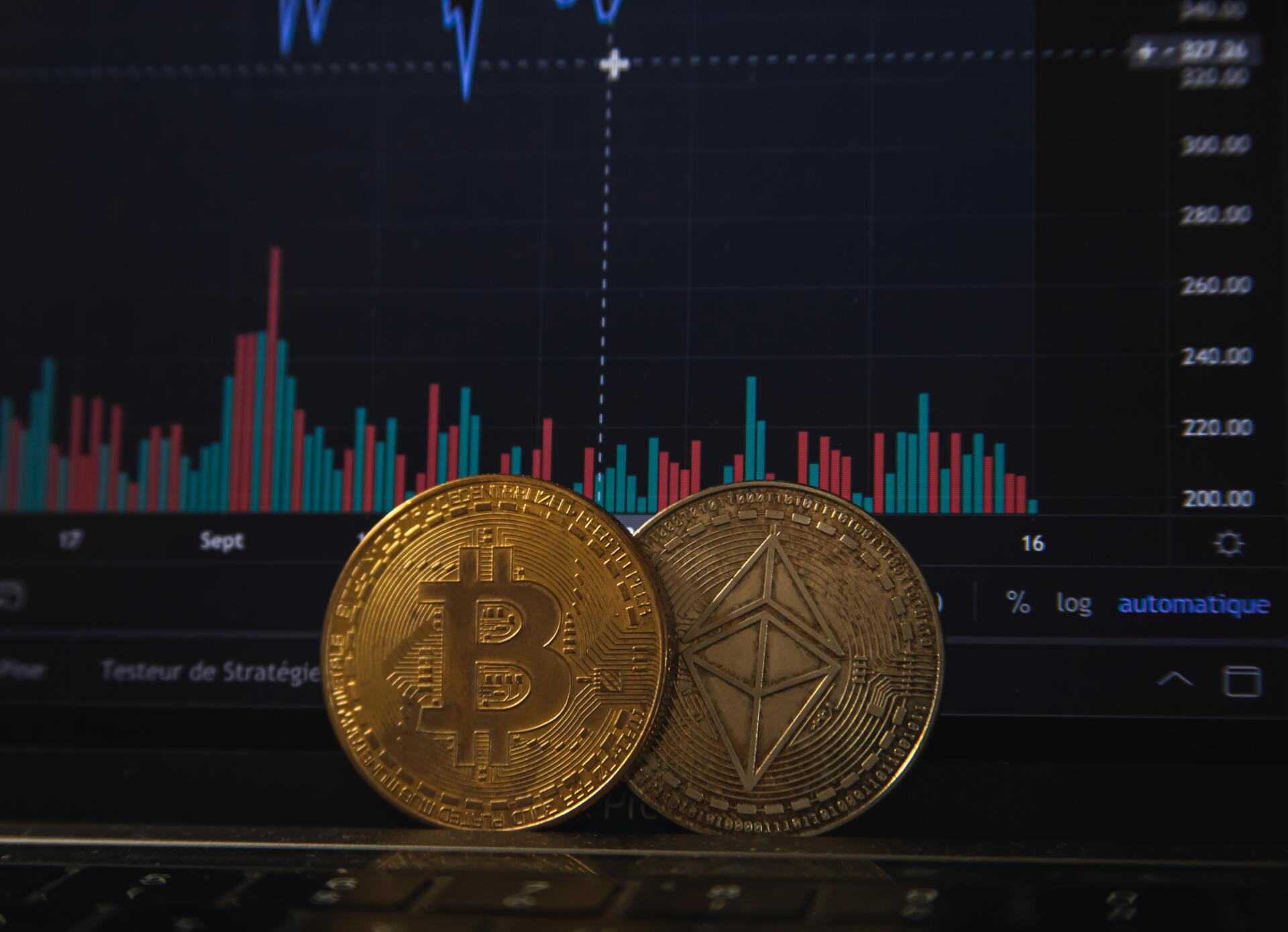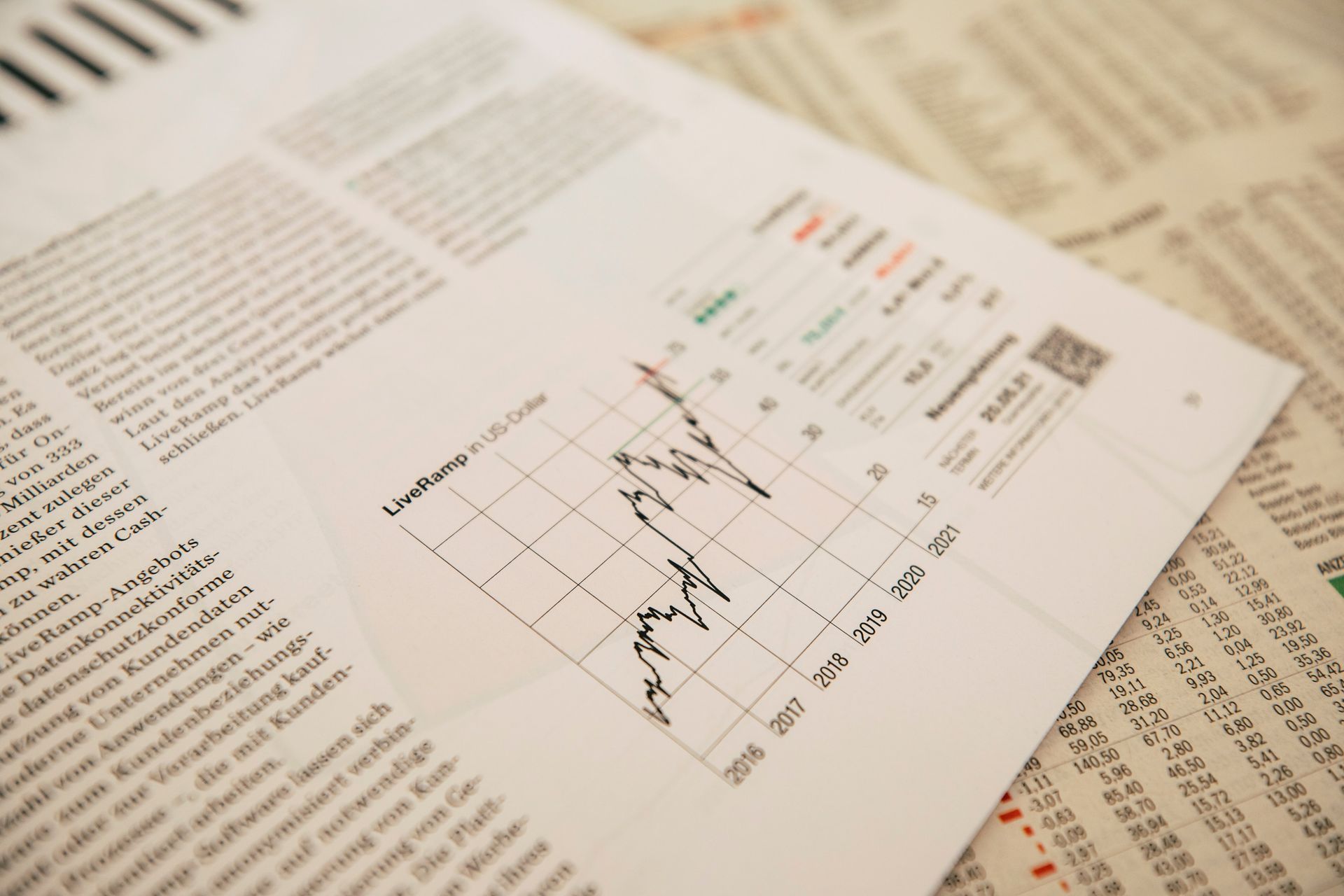No-Till Farming: The Short vs. Long Run Debate
No-Till Farming - More Efficient and More Sustainable?
In a recent article on The Tragedy of the Commons, we discussed how one way to avoid the market failures of the tragedy of the commons is to find “win-win” situations. Climate scientists and environmental economists may point out that these ideas – those that result in a positive utility increase for both the utility-maximizing individual and the profit-maximizing firm – must be sustainable. Sustainability ensures that a resource is properly maintained for the lifetime of all utility-maximizing individuals while still maximizing profit for a business. For any farmers currently reading, this may catch your ear. Farming is one of the most frequently used examples of the Tragedy of the Commons seeing as farm land uses local waterways to irrigate, food grown on farms sustains the rest of the world, and the land itself is in many ways a privately-owned public resource. When we look at data on the productivity of farms, we find that productivity has increased at a growing rate due to technological progress, and yet revenue’s rate of change remains steady (USDA ERS - Farming and Farm Income). In other words, farmers are in need of a win-win that will both boost productivity and profits. No-till farming could be just that.
In Peter Kalmus’ book Being the Change: Live Well and Spark a Climate Revolution, Chapter 5 discusses why growth “always ends”. The growth he speaks of is inspired by another economist, Thomas Malthus, who in 1798 claimed that there will become a point at which population growth outpaces food production leading to a hunger crisis. Due to technological change, this has not necessarily been an issue (though hunger does still exist, and the rate at which issues in hunger is eliminated seems to have slowed according to the World Bank), but as we discussed in our last article, the productivity levels we currently enjoy are unsustainable. One example of a preventative measure (that, again, is a win-win for the farmer and future populations): no-till farming.
Well, What is Tilling?
At the end of the growing season, a farmer tills the land. This involves taking a plow of sorts to turn over soil which in turn removes weeds and adds cover crops to the soil to increase soil nutrition. On the other hand, many farmers (specifically, 35% and growing) are opting not to till their land. Regarding soil as a precious resource, we know that soil erosion and nutrient depletion are two concerning developments in farming. No-till farming allows for soil to sustain itself. This means the soil is not compacted, has healthy ways of draining itself, a strong variety of nutrients, and retains water well. This will ensure that our farm land can be utilized for generations to come. Additionally, refraining from tilling the land will reduce consumption of fossil fuels needed to power tractors and reduce water usage since the soil retains the water well which in turn will reduce cost and maximize profits… in the long run.
The No-Till Alternative
What is stopping all farmers from going the no-till route? I mention that no-till farming reduces costs and maximizes profits in the long-run because it takes a few years for the soil to regenerate and able to yield. Of course, when we do grow on this land, the yield is shown to be better. In the short run, though, farmers incur the opportunity cost of the lost yield. For industrialized farming, this is not possible. Another factor – social pressure. It can be seen as lazy for a farmer to finish a season and not till their land. Farmers are seen as the hard-working backbone of America, and any sign of laziness is in direct opposition to that reputation.
Farmers, and in a greater context, those of us who live on Earth and enjoy the bountiful harvest from farmers, need to decide which is more important. Do we move to more sustainable practices that create win-win situations for both the environment, ourselves and future generations that may put us in danger of negative social attention and a loss in short-run profit, or should we continue to think short term and allow a society obsessed with increased productivity to dictate our future? While environmental and economic issues are not necessarily as simple as this question (that is, there are more than just social pressure leading one to capitalize on short-run profit including short-term financial needs and feeding one’s family), these are the question we should ponder in the context of our current environment and with the knowledge we have regarding market failure and the Tragedy of the Commons.
The Local Economist
Your Home for Entrepreneurial News, Local Business Spotlights, and Trends that Matter
join the newsletter
Recent Posts







Share This...







